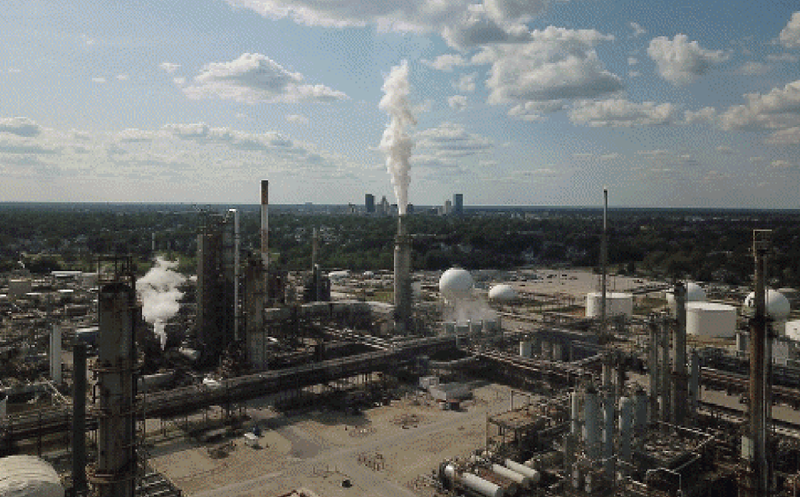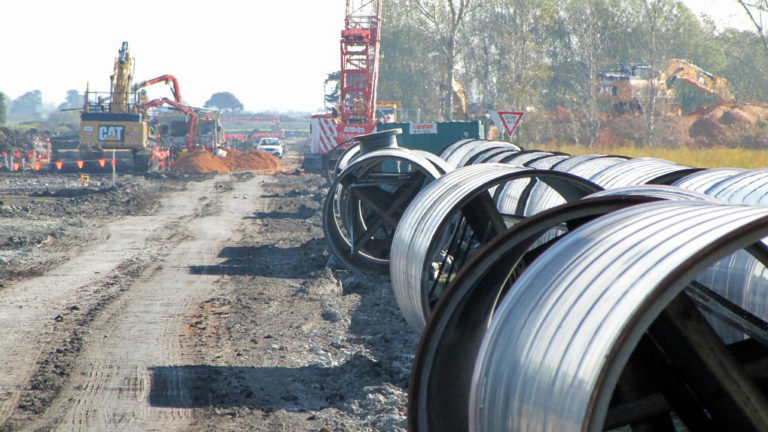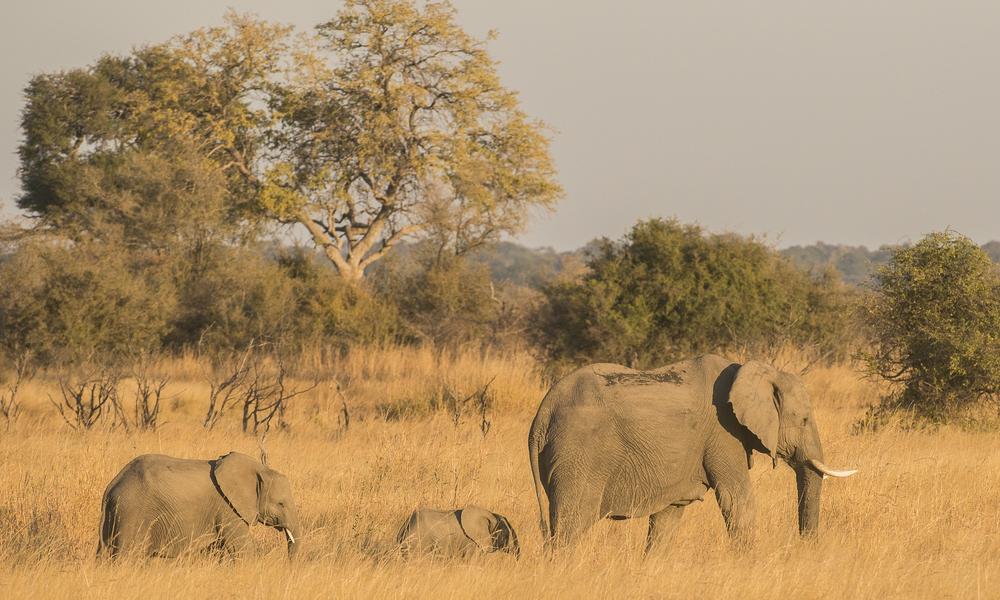
Lower emissions from US power grid (at least)
The US Department of Energy released its preliminary estimate for the nation’s carbon emissions in the previous year. While falling far short of the kind of drop needed to meet the Paris Agreement goals, a dip in emissions was recorded—almost entirely due to changes in the electric power sector. US carbon emissions have been trending downward since 2007, when they peaked at about six gigatonnes. The COVID-19 pandemic produced a dramatic drop in emissions in 2020, bringing the yearly total to below five gigatonnes for the first time since before 1990, when DoE monitoring began. Carbon releases rose after the return to “normalcy“; 2023 marked the first post-pandemic decline. The drop is largely due to the phase-out of coal-burning power plants. However, electricity generation remains the second source of emissions, behind transportation. (Photo: Ralf Vetterle, Pixabay)






